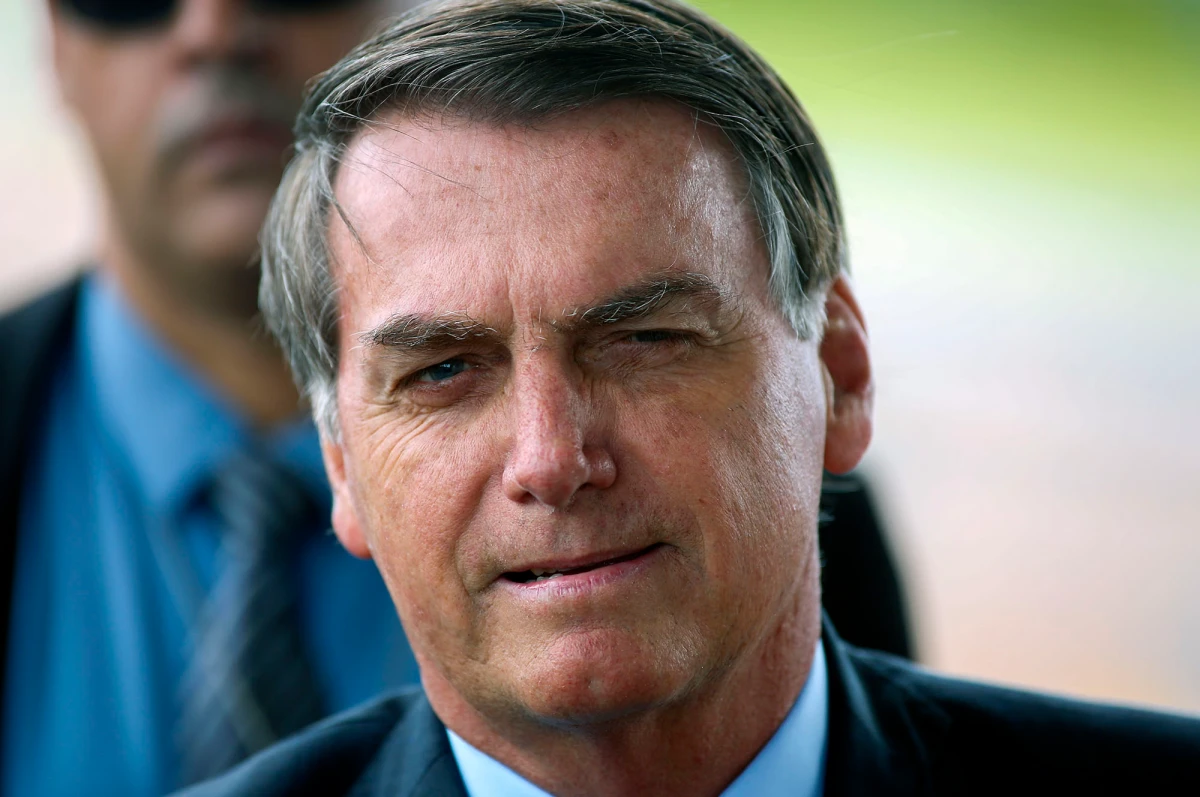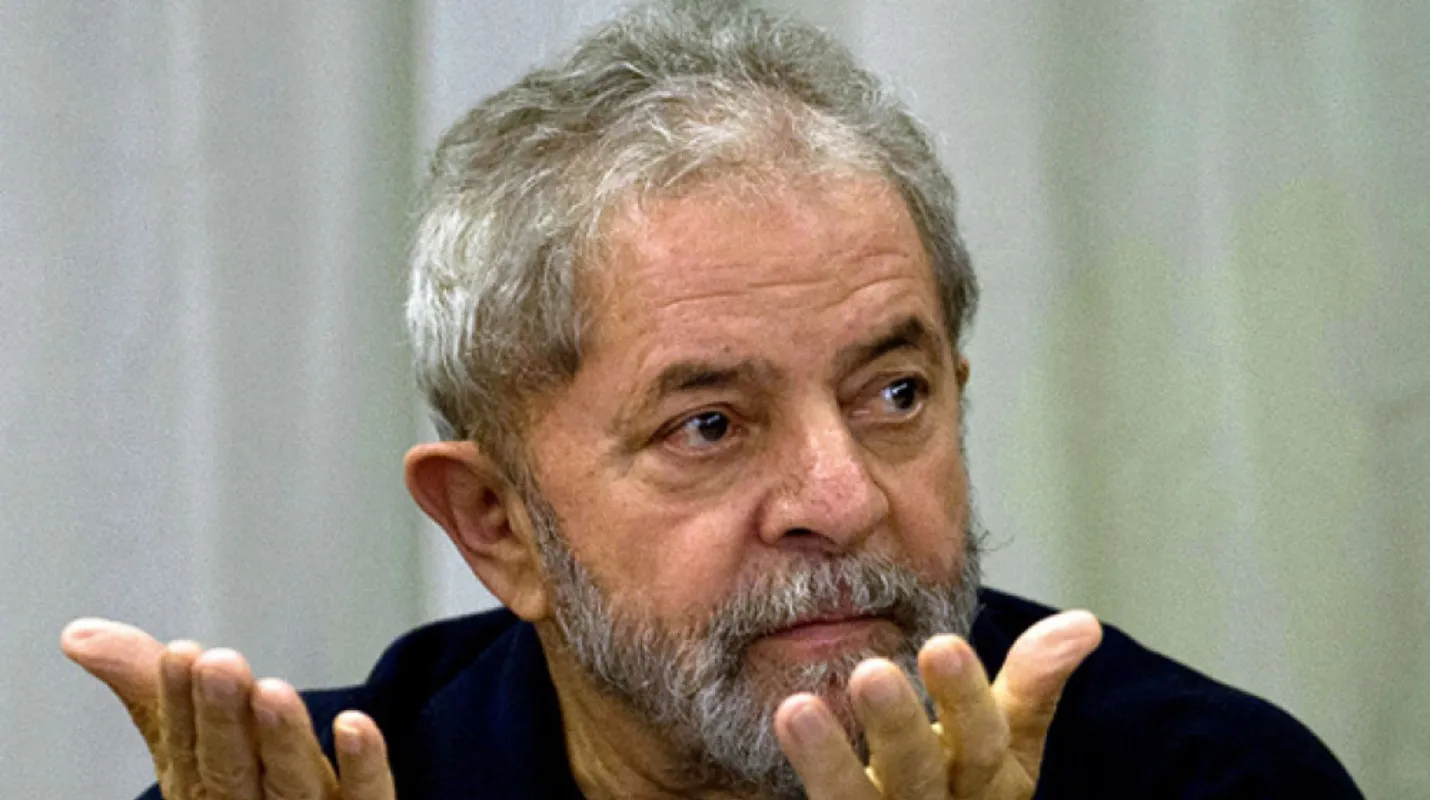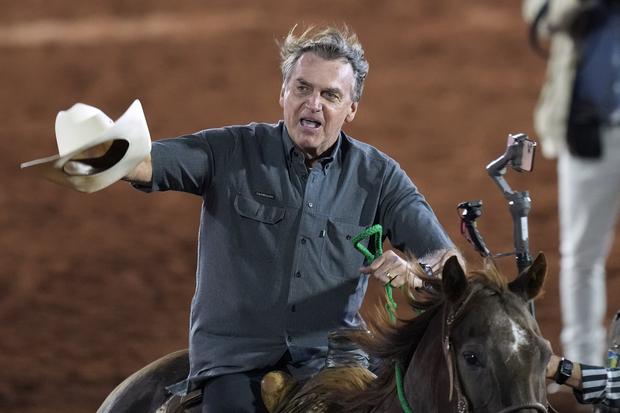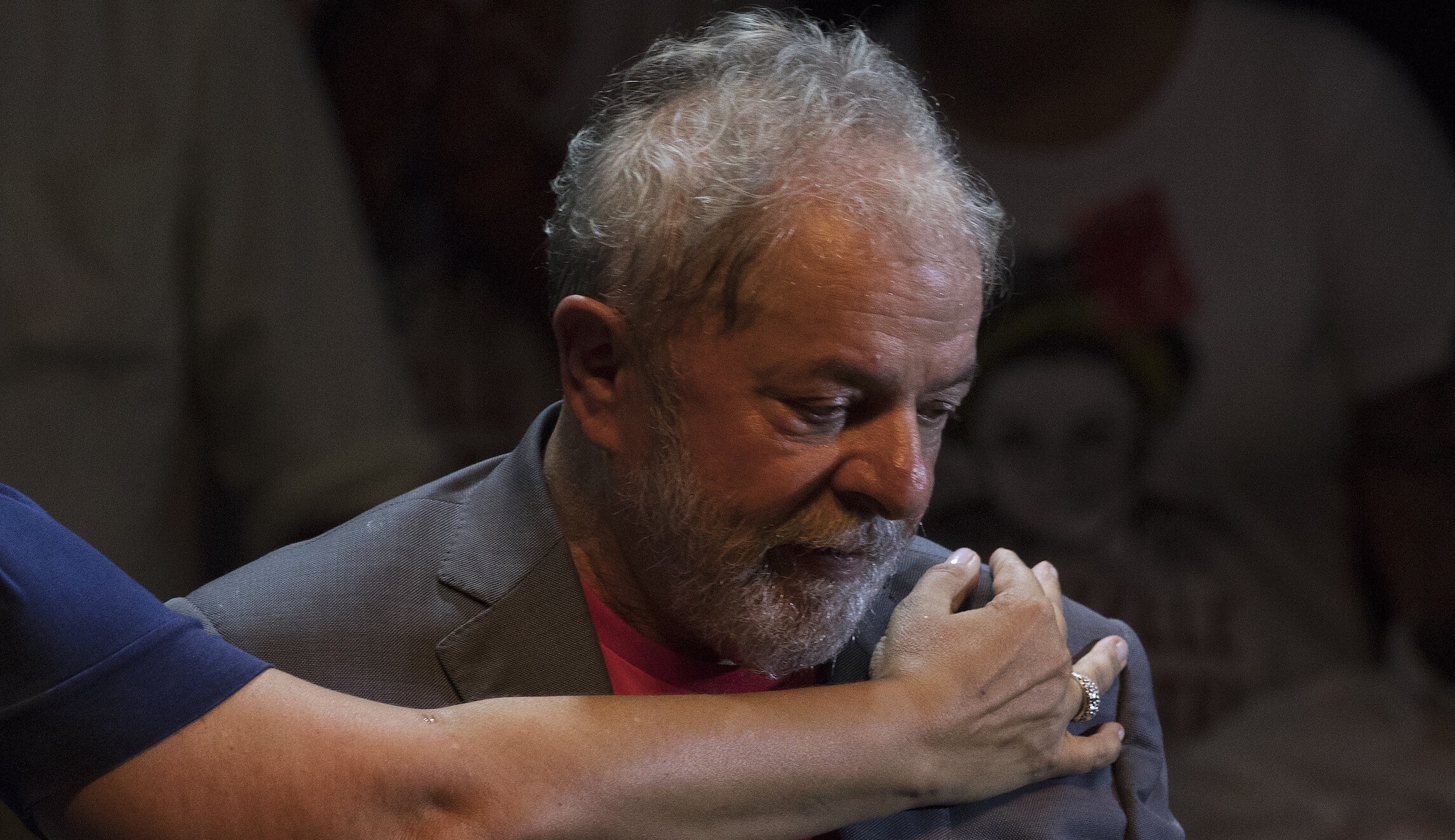In perhaps the most important election in Latin America, the presidential campaign officially began in Brazil on Tuesday, August 16.
Although there are twelve candidates, the options have been set for several months: conservative Jair Bolsonaro, 67, who is running for re-election, and leftist Luiz Inácio Lula da Silva, 77, who wants to wear the green-yellow sash for the third time.
Both blame each other for all the ills in Brazil and go into the election campaign with bloody eyes.
But as much as the two are at the antipodes, they know they have to win over the Brazilians by whom they are disliked – and in both cases, that is a great many – to get beyond their natural voter base.

In the polls, the former leftist president continues to lead, although the gap between the two has narrowed somewhat.
According to the latest polls on August 22, Lula is between 47% and 44% of the vote, while Bolsonaro is between 36% and 32%.
So, the most likely scenario is that the results on October 2 are not final, and Brazilians will have to vote in a second round scheduled for Sunday, October 30.
More than a campaign of proposals, the election has become a battle of legacies.
The good or bad memory left by Lula da Silva, one of the standard-bearers of Latin American left-wing progressivism at the beginning of the 21st century, and the religious conservatism of Jair Bolsonaro and his “God, Homeland and Family” agenda, very similar to that of India’s Modi or Hungary’s Orban.
In addition, there are allegations of corruption against the PT governments, the party of Lula da Silva – Operation Lava Jato, which also sent him to prison for 580 days.
But also, the increase in poverty plays a role. And the economic challenge that Bolsonaro has managed well compared to other countries, even if he has not been able to solve it completely.

Not to mention the alleged 680,000 deaths left by the Covid-19 pandemic. Whether this figure is true, however, is increasingly in doubt.
Nevertheless, it is firmly anchored in the minds of Brazilians.
A significant portion of the electorate – about 10 to 15 million people – believed Lula da Silva was corrupt but would still vote for him.
The reason for this is Bolsonaro’s image, which the major media houses have destroyed so thoroughly over the past four years that many Brazilians have built up a kind of hatred against him that seems irrevocable.
POLARIZED CAMPAIGN
As in other Latin American elections, polarization is central to the Brazilian campaign, especially given the ideological positions of the two candidates.
However, many believe there is a false tendency to see Bolsonaro and Lula da Silva as two opposing poles in a contest, one on the right and the other on the left.

About 15 days ago, a letter in defense of democracy was read, signed by several important bankers and industrialists.
The idea that the financial and industrial sector is completely on Bolsonaro’s side is thus somewhat put into perspective.
Those who are certainly behind him are the agricultural industry and the many small SMEs who rightly expect a better future from his economic liberalism.
Another group of influential businessmen expressed their views in a Whatsapp group about the benefits of a coup d’état if the president loses the elections to Lula da Silva.
The website Metropoles published this Whatsapp conversation, and the investigation led to police searching these millionaires’ homes on the Supreme Court’s orders, which is also at enmity with Bolsonaro.
For several months, the president has not let up on communicating his doubts about the electronic voting system while wanting to see printed ballots introduced. Just in case.
He has thus tangled with the electoral power and hinted at the possibility of fraud.
In an interview with Globo television a couple of days ago, he said he would accept the election results “as long as they are clean and transparent.”
One can read a lot into that sentence.
Bolsonaro’s entire government plan is based on two axes: economic neoliberalism and social conservatism.
There is a patriotic discourse, but at the same time, this agenda puts God and the traditional family first, and whoever thinks otherwise has to deal with it.
And that has been maintained in these four years.
For this reason, the polarization tendency is much more pronounced.
The atmosphere is very tense. But the worrying thing is what is yet to come.
If the polls are right and Lula de Silva wins, Bolsonaro will leave, but Bolsonarismo will stay and grow.
People of faith around the world are increasingly resisting the ultra-liberal direction that progressive socialists in the West have taken.
Brazil is no exception, but is one of the leading countries when it comes to restoring traditional Christian values.
This explosive mood has spread in Brazilian society so that it has divided the population, and this will be a very difficult issue for the next president.

Many don’t see a scenario in which Bolsonaro voluntarily gives up power to Lula de Silva.
He believes that the latter is a communist and a criminal, but he is also afraid that he or his children could go to jail. That is why many think there will be some kind of crisis related to this election.
The question is how much of the power structure in Brazil, including the armed forces, will accompany Bolsonaro in this fight.
HUNT FOR VOTES
Although this is an election campaign with no gray area, both candidates will have to convince a part of the population that has not yet decided in favor of one of them if they want to win the election.
And in this regard, Lula de Silva could gain an advantage.

If Bolsonaro focuses only on his voter base, he will lose. To win, he needs between 5% and 10% of the electorate, which he currently does not have.
That’s why he’s trying to win over working-class voters – usually, Lula da Silva voters – by increasing social programs and also by intervening in Petrobras to lower fuel prices, say observers.
Lula da Silva has a very big backpack to carry with the bribery and corruption allegations uncovered in connection with his government and that of Dilma Rousseff, which have scarred many Brazilians.
But at the same time, he is playing on the nostalgia of the ‘good old times’ the country experienced under his rule.
Bolsonaro, on the other hand, has 30% unconditional supporters who are already convinced that this election is a choice ‘between good and evil’, and will not hesitate for a moment to turn it into a crusade if necessary.

